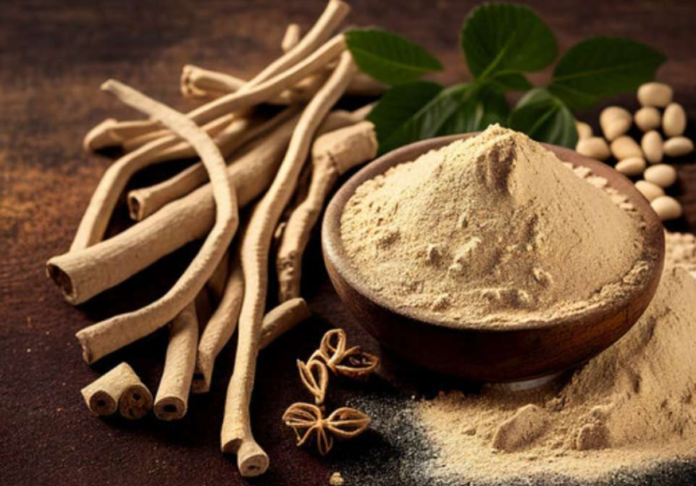7 Ways Ashwagandha Tea Can Help Flush Out Toxins From Heart Arteries
Ashwagandha, famously known as Indian ginseng, is a potent herb that has been a cornerstone of Ayurvedic practices for centuries. With a myriad of health advantages, it’s a go-to herb for enhancing overall well-being. Recent studies have shed light on Ashwagandha as a game-changer for heart health. Let’s delve into the seven ways this wonderful herb clears out your arteries.
Table of Contents
Toggle1. Helps Manage Inflammation
The Ayurvedic herb Ashwagandha is renowned for its anti-inflammatory properties that are beneficial for supporting heart health. How are inflammation and heart health connected? Chronic inflammation can lead to plaque buildup in arteries, heightening the risk of heart diseases. Drinking Ashwagandha tea every morning can reduce inflammation, enhance blood flow, and keep your arteries clear of obstructions.
2. Keeps Bad LDL Cholesterol Under Control
High cholesterol levels significantly increase the risk of heart problems. However, Ashwagandha can help reduce LDL (bad) cholesterol while increasing HDL (good) cholesterol levels. This dual action ensures your heart’s well-being by minimizing the risk of artery blockages.
3. Manages Blood Pressure Naturally
Hypertension is a major risk factor for heart disease. Ashwagandha has a soothing effect on the nervous system, which helps regulate blood pressure. By lessening the strain on your heart, this herb reduces the likelihood of heart issues related to high blood pressure.
4. Supports Oxidative Stress
Ashwagandha is rich in antioxidants that protect your heart from oxidative stress. These antioxidants neutralize free radicals, which can damage arteries and lead to heart disease. By providing an antioxidant defense mechanism, Ashwagandha helps maintain your heart’s health.
5. Promotes Better Blood Circulation
Efficient blood circulation is crucial for heart health. Ashwagandha aids in improving circulation by facilitating smooth blood flow through dilated vessels. This ensures your heart receives vital nutrients and oxygen, thereby reducing the risk of artery blockages.
6. Boosts Heart Health
Ashwagandha’s adaptogenic properties support the body in managing stress more effectively. By reducing stress levels, it prevents the release of stress hormones that can harm your heart. The herb strengthens the heart muscle and enhances its ability to withstand stress.
7. Supports Cardiovascular Health
Beyond heart-specific benefits, Ashwagandha supports overall cardiovascular health. It ensures that your entire cardiovascular system, from your heart to your veins, functions harmoniously. By maintaining body-wide balance, Ashwagandha helps cleanse the arteries of toxins and keeps your heart healthy.
Ashwagandha For Heart Health: What To Know
Ashwagandha, the powerful Ayurvedic herb, is a multitasking remedy when it comes to heart health. While more studies are needed to fully understand the extent of Ashwagandha’s benefits for heart health, incorporating this adaptive herb into a heart-healthy lifestyle can be a significant step towards overall wellness. However, it’s essential to remember that simply drinking Ashwagandha tea every morning is not enough. A combination of a balanced diet and regular exercise is crucial to maintaining a healthy heart.
Conclusion
Incorporating Ashwagandha into your daily routine can provide numerous benefits for heart health. Its ability to manage inflammation, control cholesterol, regulate blood pressure, combat oxidative stress, improve blood circulation, boost heart strength, and support overall cardiovascular health makes it an invaluable herb. While Ashwagandha is a powerful tool in promoting heart health, it should be used as part of a comprehensive approach that includes a healthy diet and regular physical activity. Embrace the wisdom of Ayurveda and make Ashwagandha a part of your journey towards a healthier heart.
Disclaimer: This content, including advice, provides generic information only. It is in no way a substitute for qualified medical opinion. Always consult a specialist or your own doctor for more information. mintreads.com does not claim responsibility for this information.




